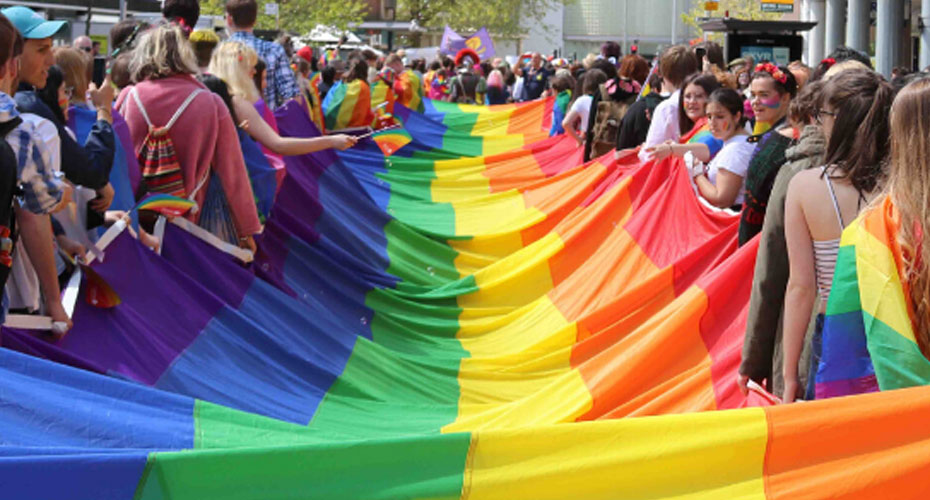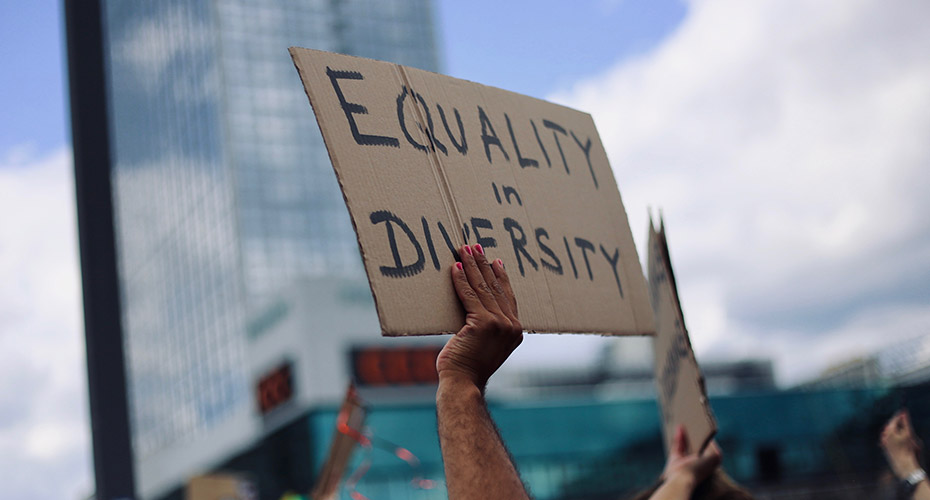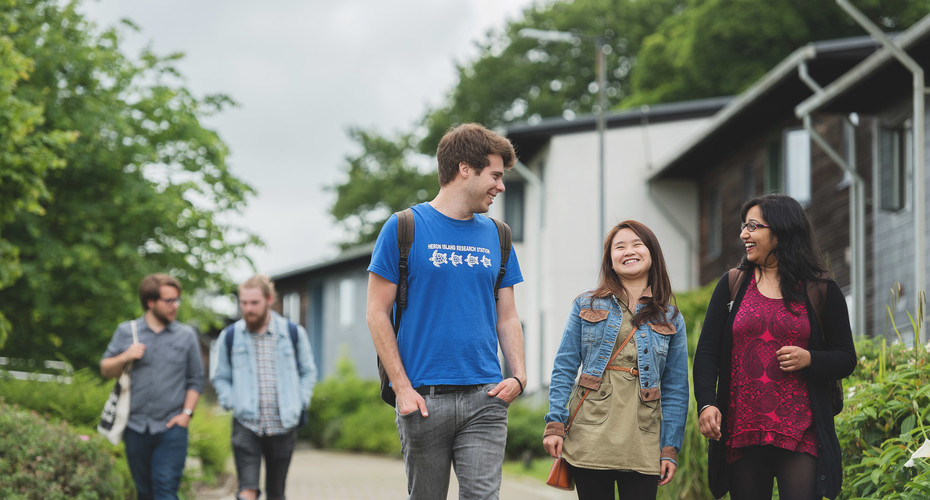Our EDI Themes
Disability

We use “disability” as an umbrella term to include physical disability, mental illness, chronic illness, sensory impairment, and neurodiversity. We understand not everyone who experiences these things would call themselves disabled.
Useful links:
Faith and Worldview

The University of Exeter Business School takes pride in the religious diversity of its community and is committed to fostering an inclusive environment to learn, work and socialise for people from all faith backgrounds, as well as none. All members of the University community have a responsibility to respect people’s freedom to express their convictions and religious beliefs, as long as this does not impact on the freedoms and rights of others.
A variety of safe and supportive spaces for staff and students are available within the Business School and wider University. These are intended as spaces of mutual pastoral support and care, but also spaces of discovery and encounter.
Useful links:
- Multifaith Chaplaincy - Exeter
- Multifaith Chaplaincy - Cornwall
- Support for Students
- Support for Staff and Managers
Networks
Connections Multifaith Café(Tuesdays and Fridays: 11am-1pm, Neil Cross room, Level 1, Forum Library) Everyone is welcome to come along, enjoy FREE tea/coffee and biscuits, and meet other students, staff, and chaplains. The cafe is hosted by members of the Multifaith Chaplaincy team and is open to all University students and staff. For more information on the topics for our Connections Cafe drop-in sessions. |
Multifaith ChaplaincyFollowing the death of a Business School colleague in 2013, a variety of staff and students commented on the valuable care and support provided by the University of Exeter Multifaith Chaplaincy. The Chaplaincy remains committed to supporting Business School staff and students. Prof. David Kolitz are Business School academics and Associate Chaplains who are co-located in the Business School and available to offer support. |
Are you represented?
If you would like to run your own network or would like to host a space that represents your own tradition, then please contact Arpita Ghosh (a.ghosh2@exeter.ac.uk), Business School Faith, Religion and Worldview coordinator.
Gender

The Business School is part of Athena Swan and has been awarded Athena Swan Bronze status. We are committed to advancing gender equality, addressing unequal gender representation, tackling the gender pay gap, and confronting discriminatory treatment.
Useful links:
- Gender Policies, Data and Guidance
- Athena Swan Bronze Award
- International Women’s Day
- Support for Students
- Support for Staff
- COVID and gender equality
COP26 – Recognising the power of our contribution as girls and women
Race

The Business School is the second most diverse college in University of Exeter, with high levels of international students and staff. We are committed to being an open, safe and diverse community and welcome the ongoing commitment of our community and community partners to work together to tackle all forms of racial discrimination and harassment.
Useful links:
Sexual Orientation

We aim to create an inclusive environment at the University of Exeter where all staff and students can be themselves.
We provide support, advice, and information for LGBTQ+ staff and students, as well as friends, colleagues, and allies.
Useful links:
Research and EDI

The School Inclusivity Group is keen to increase the visibility of research carried out in the Business School with links to diversity, equality, inclusion and discrimination. We invite all academics in the Business School to share with us their publications on topics related to diversity and inclusion to show the research strength of the School in this area.
Here are some illustrative examples of their published work
If you a researcher in the Business School from any career stage and are interested in having your work included here, please fill out this MS Form with the papers you would like to propose to be included.
Topics include any published paper with a focus on gender, race, socio-economic status, LGBT+, disability, neurodiversity, family/work conflicts, or similar. Feel free to submit more than one paper. (At this time, we ask that only published or forthcoming papers are submitted, not ongoing work or working papers.)
We aim to achieve a diverse cross-section of the exciting work that is underway at the Business School in this area but if you are not sure whether your paper is appropriate for inclusion, please feel free to contact Oliver Hauser (o.hauser@exeter.ac.uk) to discuss.
Intersectionality statement
While our work is informed by the University's 5 Equality Groups framework: Disability, Faith and Worldview, Gender, Race and Sexual Orientation, we recognise and adopt an intersectional approach to the identities of our staff and students. Intersectionality is a framework to understand how persons, or groups of people, are disadvantaged/advantaged by multiple sources of prejudice/power and discrimination, due to their uniquely overlapping structured identities and experiences such as race, class, gender, age, sexuality, disabilities, religion, culture and geopolitical location. We are committed to recognising and raising awareness of multiple, systemic barriers to opportunities and multiple forms of prejudice and privilege.
Wellbeing support
If you have been affected by harassment, bullying, intimidation or discrimination there are a range of support services provided by the University, Students' Guild/The Students' Union and external organisations who can help all students and staff. See here for details for Help & advice.
